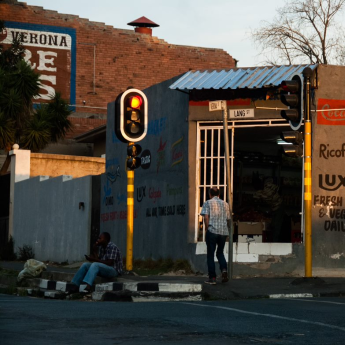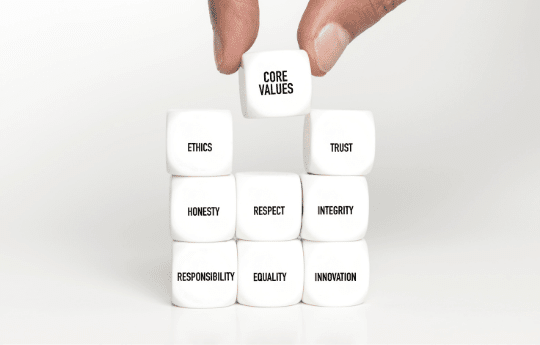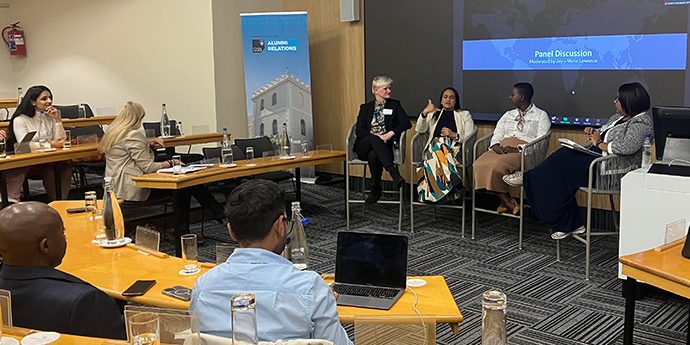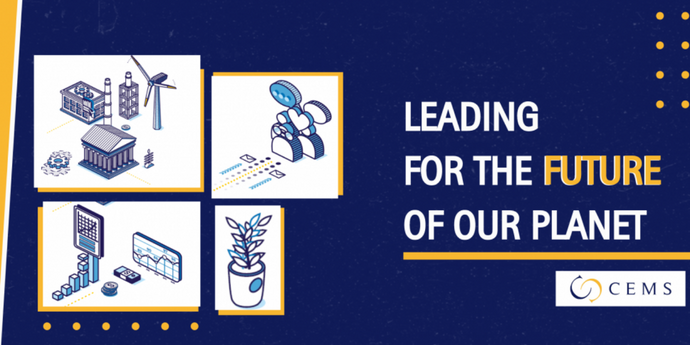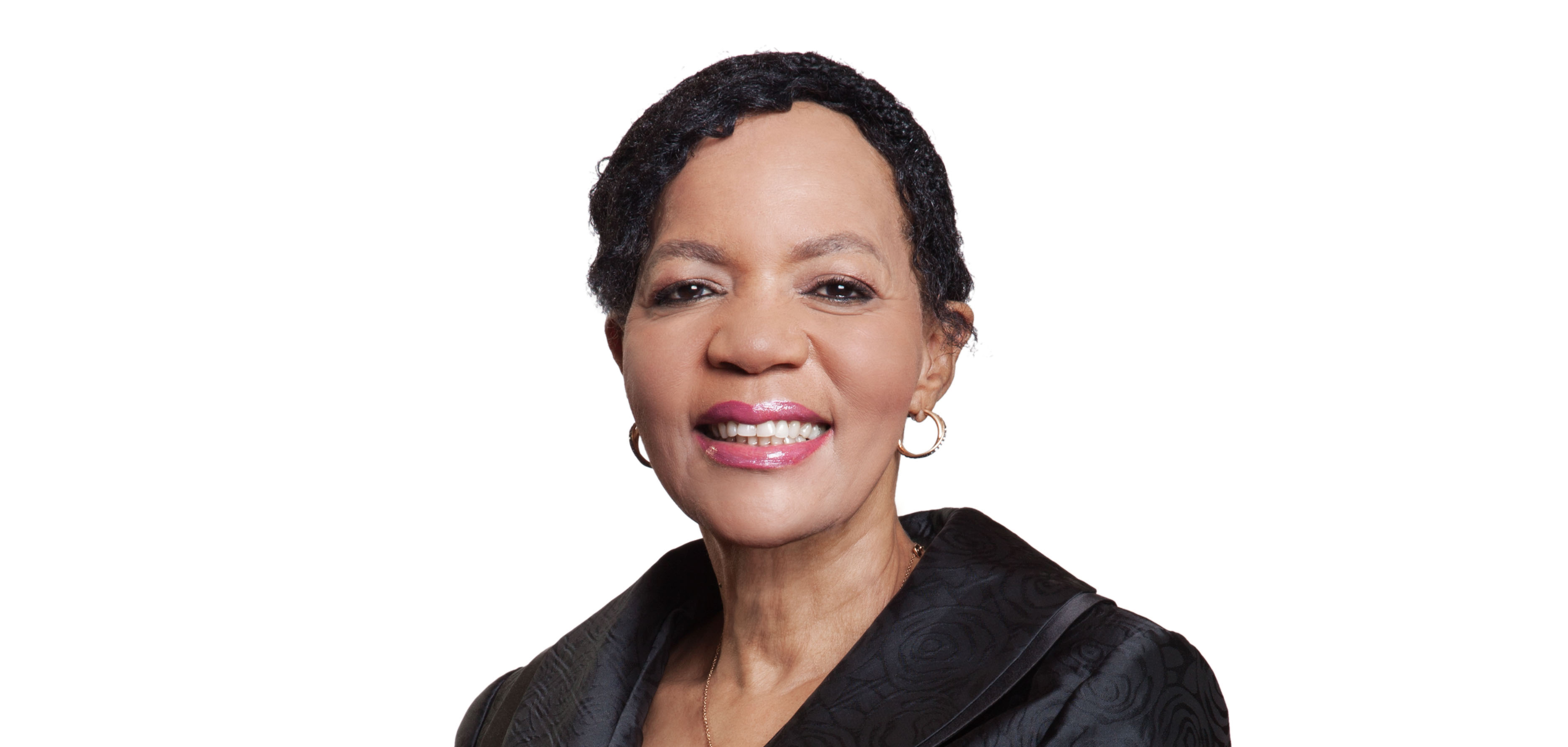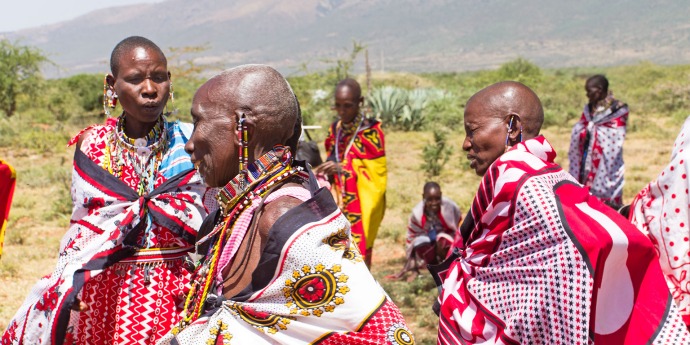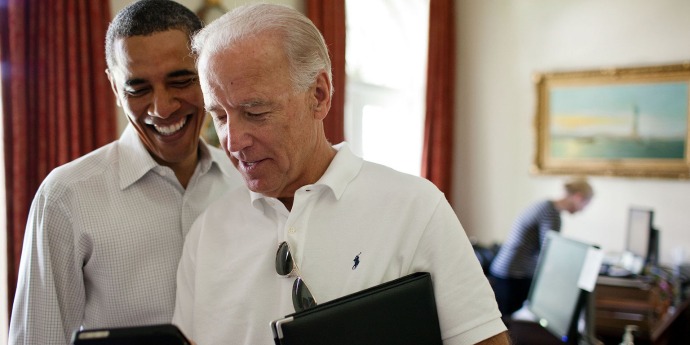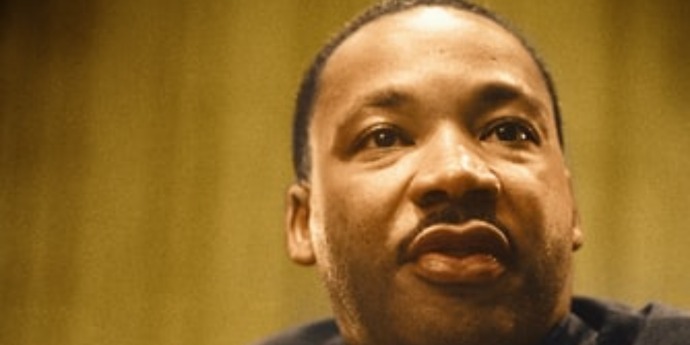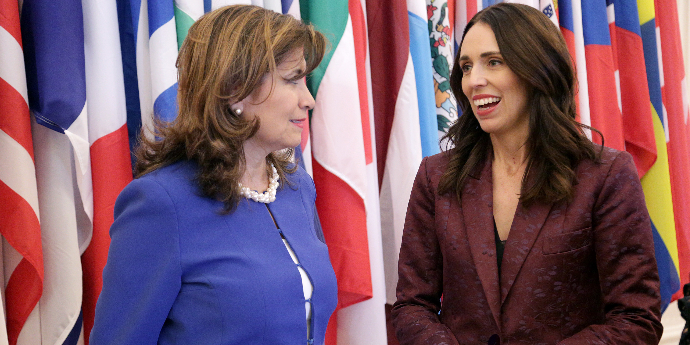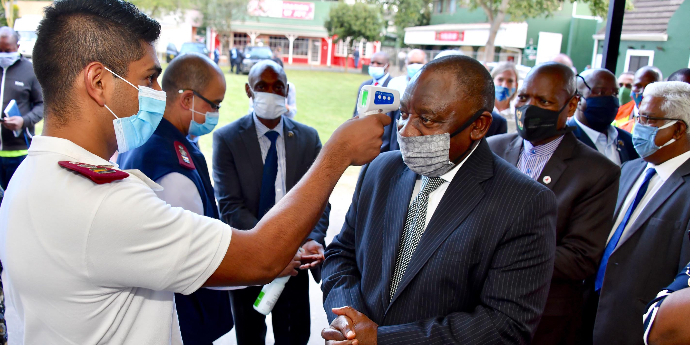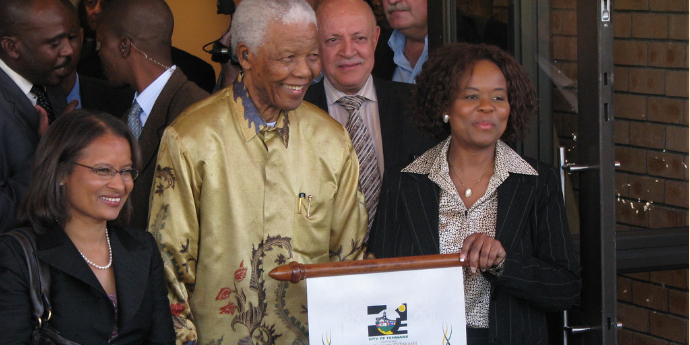Ed Stoddard’s contribution in the Daily Maverick on March 22, 2022 listed ten reasons why both global and local investors have little confidence in the South African government and its economic strategy.
A common reaction to articles such as Stoddard’s accuse the writer of “SA-bashing” or “ANC-bashing”. Often the charge is made that these kinds of contributions are not helpful in bringing about a better outcome. I suggest that such critical commentary is necessary to establish the problems. Only if the problems are clear, can one begin to think about solutions. And solutions are within reach. They require a conscious act of re-evaluation by large portions of the ANC elite at all levels of governance about why it is important that citizens have trust in their governing institutions and office-holders.
The mindset of this section of the elite views the “captured state” as an unlimited self-service banquet for the politically powerful to become filthy rich. In turn, that status quo engenders a negative attitude amongst citizens and firms concerning their payment of taxes to a clearly corrupt and, as a direct consequence, an incompetent state.[i] Just imagine if that mindset was altered to one that views the state as a competent provider of public services to all citizens, equally and without favors. A state providing good roads, railway and other transport linkages; supplying more than just adequate education, health care, and personal security; building and maintaining infrastructure that guarantees the water supply, a functional sewerage system and uninterrupted energy; administrative systems to assist individual citizens obtain documents and other services necessary for everyday life to unfold without standing in line from dawn to dusk. According to the Nobel Prize winning duo of economists, Abhijit Banerjee and Esther Duflo that is what government needs to do to provide its citizens the basis for making a decent living.[ii] And given the paucity of provision by the South African state, that should be more than enough of a challenge for the current government to fix.
Instead, a significant section of the ruling South African clique believes that it is entitled to use the state to enrich itself, its friends and family members. This view permeates the entire system of government from the ward level upwards and as long as that is the prevailing attitude, government will remain what it is today – a system of politically appointed gate-keepers using taxpayers’ money (i.e. other people’s money) to line their pockets with little or no intention of redistributing those resources to make life better for all.[iii] And much of this is ideologically cloaked in some vague notion of ‘radical economic transformation’ that will happen once capitalism and white monopoly power are “defeated”.[iv] Hence a steadfast refusal to secure private property rights because there is always the idea at the back of the mind that a spurious claim to someone else’s property could come in handy one day. While this kind of hyper-populism plays well with those stuck in misery as a result of the spectacular failure of government to provide the above-mentioned basics, it will not address any of the shortcomings of the South African economy.
There are very few white monopolists left in the country and those that remain are highly mobile should they need to exit. The ones who are truly stuck are the members of the relatively small middle class (the bulk of the roughly 4 million taxpayers) that have no access to mobile capital, private jets, houses on Greek islands, or a selection of passports. More, the local capitalist system is at a point of implosion – the ANC’s wannabe revolutionaries will not have long to wait for that to occur. The list of factors below is illustrative, but not exhaustive, of the current malaise undermining economic growth prospects:
- There are not enough highly skilled employees available for a transition to a modern high-tech economy to generate increased economic growth. The few that are available are mobile and expensive.
- There are no investors, global or local, to fund such an economic transition in any case as they lack the confidence to put money into this economic space and political place. Even the promised investments touted by the President this week are mainly connected to the commodity-producing sector – iron, coal, minerals and steel.
- The numbers of low-skilled employment seekers increases rapidly as the mining and agricultural sectors decline and/or rationalize their workforces. There are no policies in place to address mass unemployment. As a consequence, inequality will only increase.
- There are virtually no public works schemes or useful agricultural projects designed for local food production through which unemployed citizens may attain some level of employment thereby forcing them into very low paying service or informal sector activities and further dependence on minimal government grants. This may guarantee the ANC electoral support but bodes poorly for the underlying economy.
- Firms have difficulties moving their goods as a result of a collapsing transport system, are subject to strikes on top of power, water, skilled labor shortages and various other impediments. SA’s manufacturing base has shrunk and will continue to do so in the foreseeable future.
- The conditions of everyday life, characterized by high crime rates and non-existent government services, are such that any small business is over-whelmed by having to source its own electricity supply, furnish its own security systems, in some areas of the country find water supplies, deal with bureaucratic red tape and over-regulation including, but not limited to, taxation and employment equity. All of these factors make the emergence of a vibrant small business sector unlikely.
- The public sector is now dangerously close to going over the “fiscal tipping point” where government revenues are outpaced by its expenditures. While the surprising result of the COVID pandemic was that the South African mining sector actually exported more raw materials and therefore created more tax revenues than expected, that bonanza is likely to be very short-lived.
These problems are highly corrosive if left to fester yet none of them are insurmountable! They can be addressed, in a sustainable and equitable manner, with a modicum of political will but the solution lies in a very different attitude about the role of government. If the role of government is seen as a provider of public goods for the population, outcomes are likely to be very positive. A reasonable, user-friendly administrative system will create a much more favorable business and personal environment. A functioning judiciary and police security sector will bring about an increased sense of security. A functional education system will produce skilled and informed individuals who can hold down a responsible position. A state peopled with honest, efficient and responsive officials will not only serve their fellow citizens well, they will create social trust![v] Citizens who trust their civil servants tend to also trust others to do the right thing.
Trust greatly reduces transaction costs within an economy and society. Just as a functional health care system will produce healthy citizens, trustworthy governing officials help to create trustworthy citizens. These virtuous cycles are mutually perpetuating and solidify the idea that citizens not only deserve a well functioning and non-corrupt state, but that they are entitled to it from a constitutional perspective. It is no wonder that those in the ANC who so vehemently oppose the Constitution are also the first at the buffet table stuffing themselves silly at the expense of ordinary citizens. They are, at core, kleptocrats (not unlike the white monopolists they so despise and emulate) and not democrats.
Stoddard’s piece was not a “South Africa bashing piece” but a reality check on a section of our political elite that appears to believe that it can continue on the destructive path that it is on. The outcome of their attitude is the eventual collapse of the country’s economy and polity from which only few, well-insulated individuals are likely to emerge unscathed.
This article originally appeared in the Daily Maverick on 30 March 2022
[i] Ivor Chipkin and Mark Swilling (2018), Shadow State: The Politics of State Capture, Johannesburg: Wits University Press
[ii] Abhijit Banerjee and Esther Duflo (2019), Good Economics for Hard Times: Better Answers for our Biggest Problems, London: Penguin Books
[iii] Alexander Beresford (2015), “Power, Patronage and Gate-keeping Politics in South Africa”, African Affairs, 114/455, pp. 226-248
[iv] Thomas A. Koelble (2022), “Poverty, Corruption and Democracy: the role of “political society” in post-colonial South Africa, Globalizations, DOI:10.1080/1474731.2022.2035054
[v] Bo Rothstein (2011), The Quality of Government: Corruption, Social Trust and Inequality in International Perspective, Chicago: Chicago University Press

